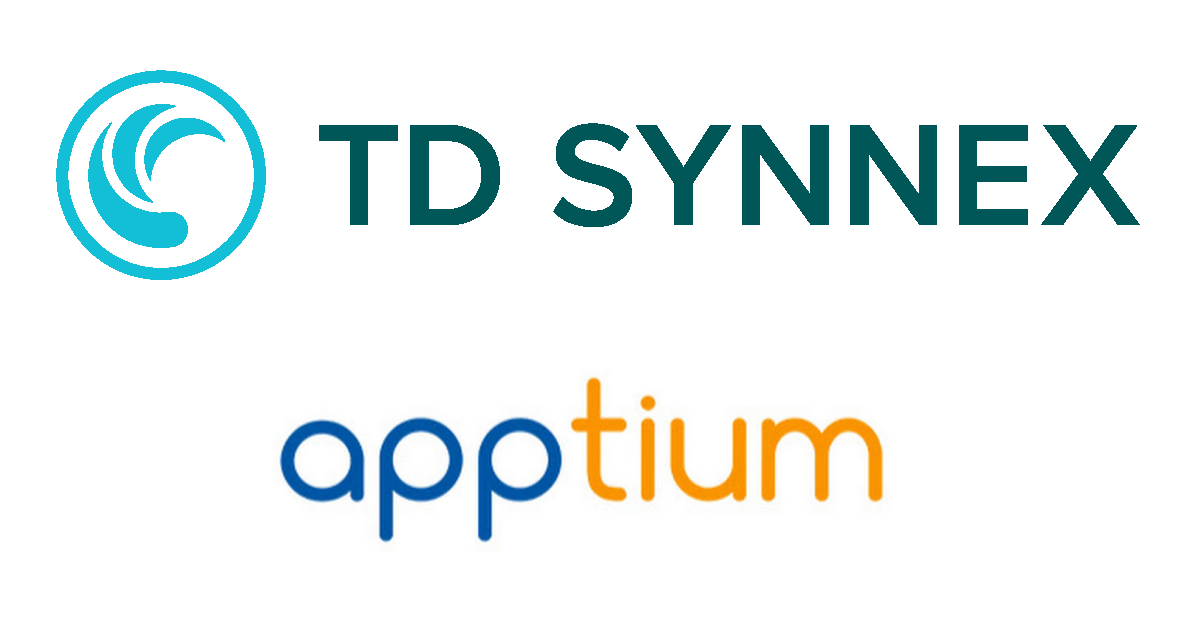
In the first part of this series on IT workforce management, Solving the Blended IT Workforce Management Challenge, we discussed the emergence of contingent labor as a supplement to or replacement for full-time technicians, why on-demand workers make sense, and why the model is becoming increasingly popular.
Despite the benefits and growth of the contingent labor market, there are challenges with managing on-demand workers, including finding the right workers with the right skills, signing them on for jobs, ensuring jobs are completed to satisfaction, and the payment process, among others. The key to making contingent labor management easy is finding the right platform, with the right tools and features to make the process efficient for both sides.
Qualification – Workers are not vetted through a traditional hiring process. They sign up on a platform, indicating their skills and any specific qualifications or certifications they have to become part of labor pools when companies submit jobs. John Volk, senior product manager at Field Nation, explained that such systems work without an up-front vetting process because candidates need to earn a living and as, such, don’t accept jobs for which they aren’t qualified. They also know their ability to get a more work is dependent upon quality job performance and outcomes.
Job verification – A successful platform should integrate the job listing, technician selection, and work completion process, so businesses know when technicians have completed a job, and when clients have approved the completed work. Most discrepancies can be resolved between the customer and the technician to satisfaction, but in cases where there is a greater degree of disagreement, platform providers should have support teams available to moderate disputes and reach resolution. According to Mohammed and Volk, that’s the exception rather than the rule, and most work orders submitted through Field Nation are completed directly through the platform without any mediation required.
Payment – Once jobs are completed and approved, it’s useful to also have a platform that can process payment to technicians. This adds value to an on-demand labor platform by relieving customers of not only the payment process, but tax reporting as well. For companies that work with several hundred contractors a year, that’s a significant value in terms of labor and recordkeeping. Field Nation, for instance, tracks all work by technician and customer and issues 1099 forms at the end of each year.
Blended workforce – Because many companies leverage blended technician workforces – like Tech Data – they also have to manage their jobs across both groups. As such, it’s valuable to have a flexible labor platform that allows configuration of multiple networks – such as in-house and contract workers – so work orders can be submitted and controlled across all technicians, and W2 workers can be used efficiently using the same process as contingent workers. Field Nation, in fact, takes this a step further by allowing configuration of multiple contingent labor pools on its platform, whether they are on the platform initially or not. This allows companies to recruit new technicians – perhaps with specific skillsets that are in high demand – and bring them onto the platform, either into the Field Nation Marketplace or in a private instance where they are visible only to a specific company.
“Once you have brought all your workforces onto the platform, you can use the same toolset to engage all the different groups, so you don’t need a different set of tools for independent contractors and employees,” explained Wael Mohammed, executive vice president of product management at Field Nation. “It’s an all-in-one, on-site field services engagement tool, regardless of who you are working with, and we have taken the approach of letting customers configure each different segment of their workforce to support their different use cases.”
That means payment processing, for instance, can be set up differently for each network. Contract workers may go through the Field Nation’s payment processing, while W2 workers do not because they are paid through the internal HR department or another third-party payroll vendor.
Branding – Perhaps the biggest challenge lies in branding. It’s easier to create rules around and monitor the various factors correlated to brand representation with full-time field technicians – timeliness, attire, friendliness, job efficiency and quality, and more. All these elements create a brand perception, and W2 workers often have a greater loyalty to their companies. Loyalty is the greatest challenge with contract workers, according to Reblitz, which can only be overcome with experience and a concerted effort to build it.
“The biggest challenge is loyalty to the brand, but it’s unbelievably key because those workers are, literally, our face to the customer,” he explained. “With W2s, there is some sense of loyalty to Tech Data whereas, with contract workers, there is some semblance of curation we have to do.”
It all starts with the opportunity to perform jobs, which begins the relationship-building process between brands and on-demand workers. One way Tech Data handles it is by cultivating preferred technician pools based on comfort level that comes from job quality as well as all other elements of brand representation. Reaching preferred status typically helps ensure technicians get more work orders than others, which provides additional motivation for the technicians to perform at high levels.
The platform plays a key role in evaluating and managing technicians. Customer reviews, along with job completion records, on-time rates, and other variables that are tracked in the Field Nation platform, for instance, give MSPs a tool to evaluate technicians and monitor their activity and customer satisfaction ratings, and then to manage pools of preferred and qualified technicians on a daily basis to meet workflow demands.
“We will give a technician an opportunity on a couple of work orders, build up a certain level of trust, and then, at some point, you have to get over that barrier and make sure there is a comfort level on both sides and that they are really truly representing the Tech Data brand when they show up onsite,” adds Reblitz. “It’s a constant challenge, but it’s something we focus on daily.”
Providing Added Value
Tech Data has undertaken competitive evaluations on several occasions, and each time has come to the same conclusion: Field Nation offers the most in terms of usability and added value. As with most technology, many of the fundamental capabilities of the platform are table stakes to get the conversation started, but what sets Field Nation apart, according to Reblitz, are the additional benefits, starting with usability.
“I love how easy it is to use – it saves time and is very efficient,” he said. “If you look a day in the life of a dispatcher, it's very easy to create work, find techs that meet the qualifications you are looking for, and there's a lot of automation within the platform that allows you to customize your rules, like your preferred technician tiers.”
In addition to the convenience and usability, Field Nation believes support services are also a key part of the relationship, and something on which the company focuses much of its attention. The platform itself provides a lot of value – enough to likely keep the jobs on the platform and not brought in-house – but going the extra mile to support its customers is really where Field Nation sets its network apart.
“We get the customer support from Field Nation that we don’t see from other partners,” Reblitz confirms. “The people we work with try to understand our business and take a more consultative approach to managing our business, as opposed to just providing a platform.”
The key is the network, according to Volk. Because Field Nation focuses on short-term, high-frequency jobs, the platform has to provide a solid foundation in order for it to function efficiently, but it’s the network of technicians that really makes it work. The result is a very powerful model, similar to the way Facebook and LinkedIn have built their social media platforms.
“If you can do all those things – convenience, user experience, service, and support –you have a unique model that is hard to copy because it’s a network model that is driven by the number of connections on the platform and the number of transactions that take place – just like nobody can copy Facebook or LinkedIn.”
In 2019, more than a million work orders have been posted and completed on the Field Nation platform, a figure that promises to continue to climb as the MSP market follows its current trajectory, requiring more and more jobs to be completed. It all points to a huge jump in the contingent labor market, and for a platform like Field Nation, its reputation will help its network continue to grow.
Field Nation will be among the many technology vendors and service providers on hand at MSP Expo in Ft. Lauderdale, Florida, as part of the TechSuperShow taking place February 11-14, 2020. You’ll be able to hear from Field Nation’s leaders during the conference program at MSP Expo, and visit the company in booth #221. MSP Expo, Future of Work Expo, and other collocated events at the TechSuperShow will feature four days of content to help MSPs grow their businesses leveraging the latest technologies and trends to enable more efficient operations and new revenue opportunities. In addition, events like SD-WAN Expo, ITEXPO, AIOps Expo, and more will give business leaders and decision makers a chance to learn about the latest tech trends impacting businesses, and meet with the companies bringing those products and services to market.
Edited by
Erik Linask






